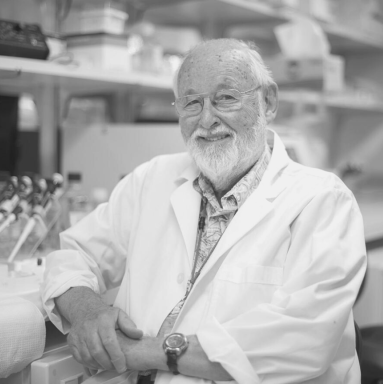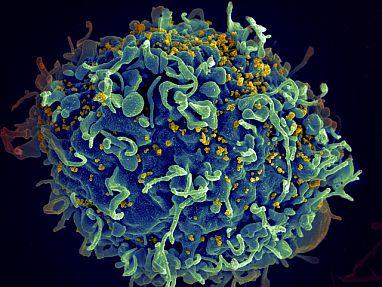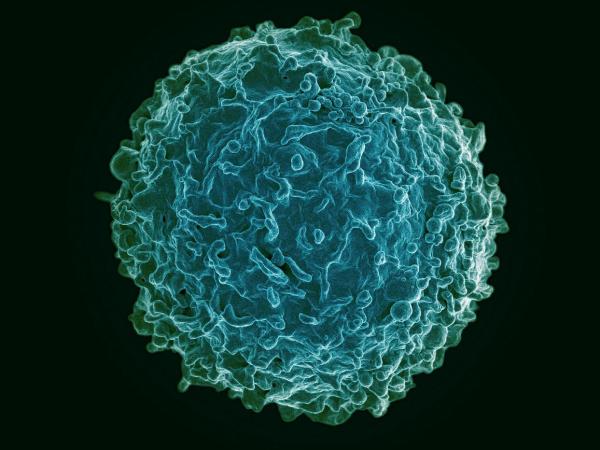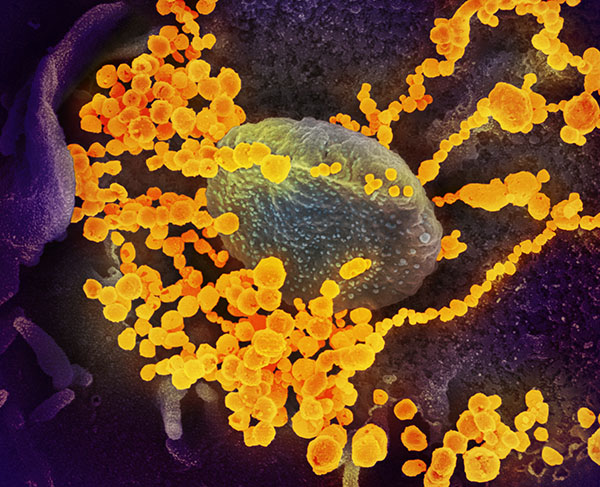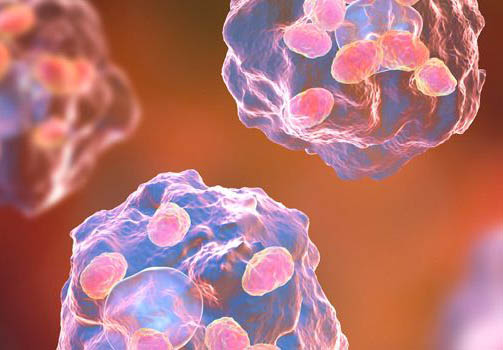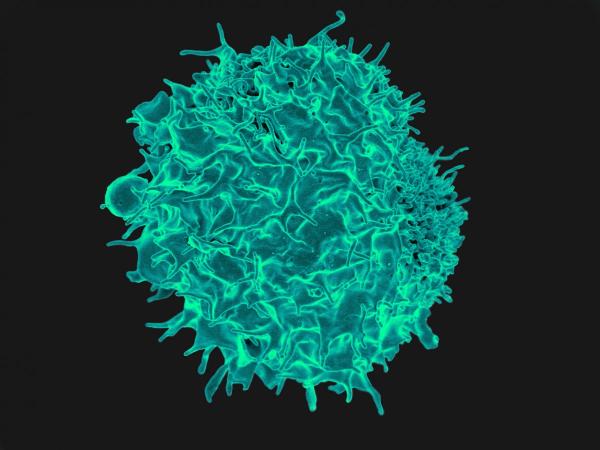NIH Mourns the Passing of Joost J. Oppenheim
The IRP community is profoundly saddened by the recent passing of Joost “Joe” Oppenheim, M.D., Senior Investigator and Head of the Cellular Immunology Section in the Cancer Innovation Laboratory at NIH‘s National Cancer Institute (NCI). He died on May 14, 2022, at the age of 87.
Dr. Oppenheim was engaged in cellular immunology research at NIH for five decades and was instrumental in the discovery of cytokines, chemokines, and alarmins, which are substances produced by immune cells that enable them to communicate and act as ‘first responders” to injury or infection.

